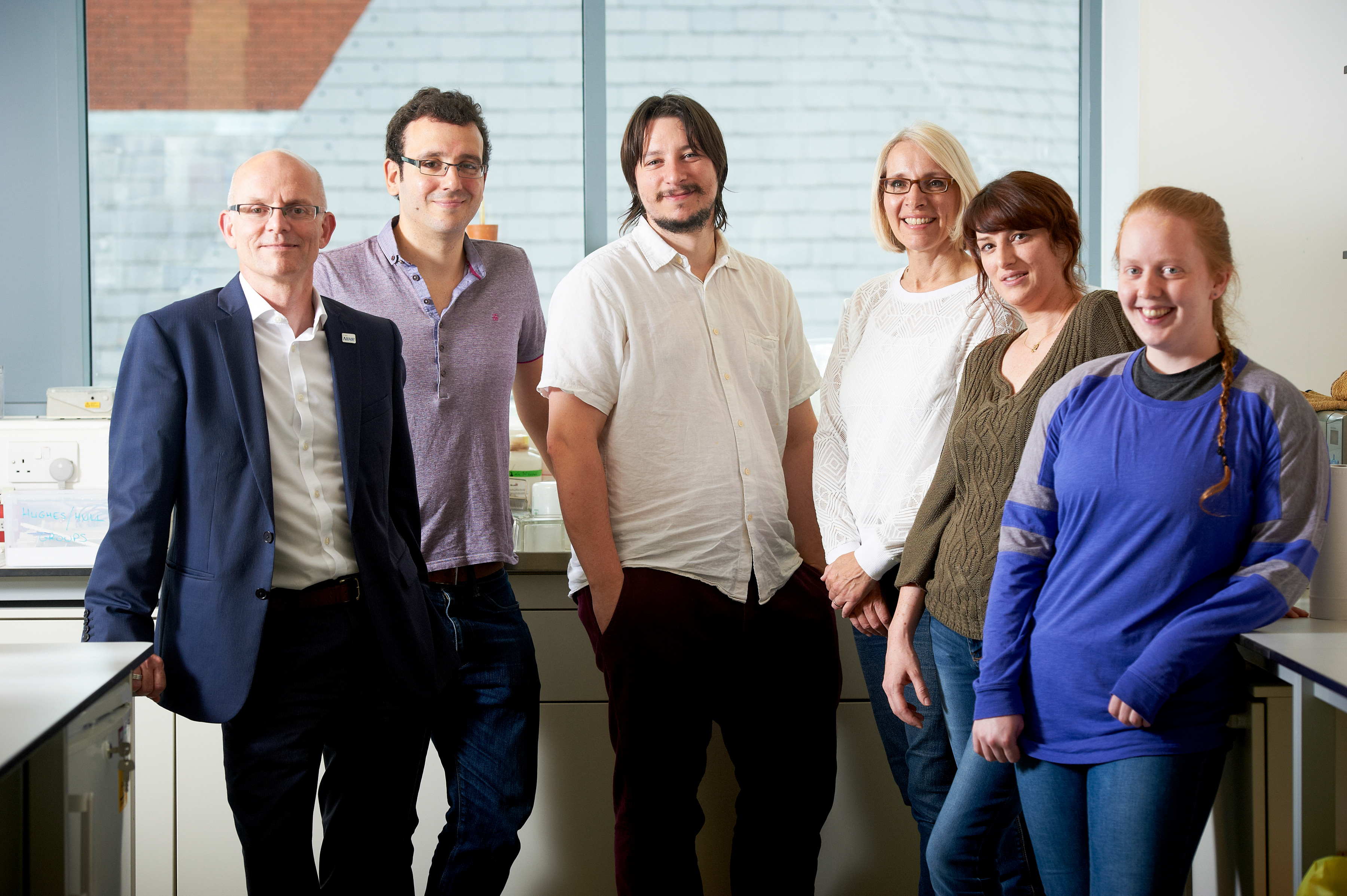Professor Mark Hull and colleagues are working to understand whether medicines such as aspirin, which reduce bowel polyps in the short-term, have prolonged benefit even after they have been stopped.
Patients who participated in the seAFOod polyp prevention trial between 2011 and 2017 all gave consent for results of future colonoscopy tests in the Bowel Cancer Screening Programme to be analysed in the subsequent six years after their participation in the seAFOod trial.
The study is called STOP-ADENOMA and is hosted by the University of Leeds. Read the Privacy Notice describing why and how the work will be performed.
Professor Hull said 'This important study will tell us whether the benefit of short-term treatment is maintained over time. This will guide our use of drugs like aspirin for prevention of bowel cancer. STOP-ADENOMA is only possible because the results of the colonoscopies in the seAFOod trial and those occurring thereafter are kept by the Bowel Cancer Screening Programme'.







